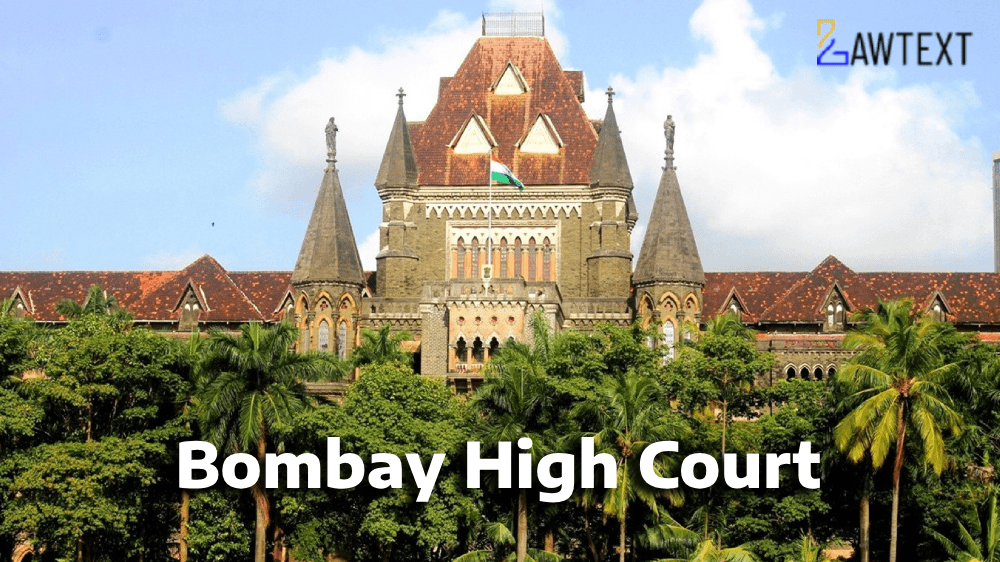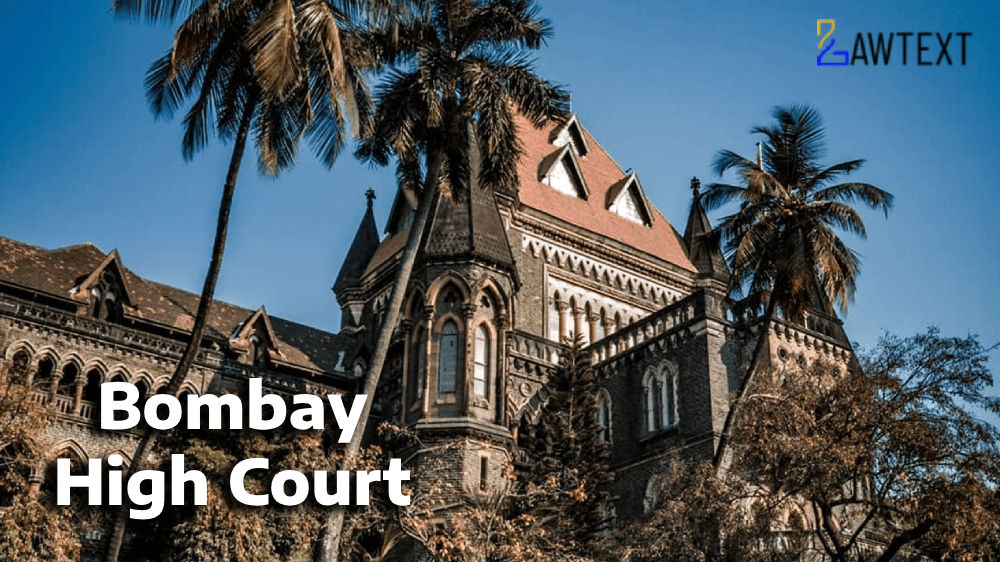Case Note & Summary
The Bombay High Court quashed the National Stock Exchange’s (NSE) communication directing a stop on share transfers owned by the petitioner, Aloysius D’Souza. The Court held that the NSE lacked statutory authority to block transfers and withheld dividends without sufficient evidence or legal backing. It directed the issuance of duplicate share certificates and payment of dividends to the petitioner, reaffirming constitutional rights under Article 300A.
1. Introduction of the Case
Facts: Petitioner: Aloysius D’Souza, a shareholder of Dr. Reddy’s Laboratories (Respondent No. 4). Issue: Shares and accumulated dividends blocked due to NSE's impugned communication of October 4, 2007. Relief Sought: Quashing of the communication, issuance of duplicate share certificates, and dividend payment.2. Shareholding Dispute (Paras 2-5):
Petitioner acquired shares between 1986–1997; his holdings were increased to 1800 shares post-split and bonus. Duplicate share certificates were denied based on NSE’s directive alleging ties to a defaulting trading member.3. NSE’s Authority Questioned (Paras 6-10):
NSE issued the directive under Section 108 of the Companies Act, 1956, citing defaulting member’s assets. The Court noted NSE had no evidence of ownership of the shares in question.4. Legal Submissions by Petitioner (Paras 11-12):
Asserted ownership of shares confirmed by Respondent No. 4. Challenged NSE’s jurisdiction to block transfers and dividends.5. Arguments by NSE (Paras 13-14):
Raised objections based on delay, alternative remedies, and lack of petitioner’s locus. Argued shares were linked to a defaulter without providing substantiating evidence.6. Legal Analysis by the Court (Paras 16-24):
Key Finding: NSE is a state under Article 12 of the Constitution and is amenable to writ jurisdiction. No statutory basis for NSE’s directive to treat shares as defaulting member’s assets.7. Article 300A and Property Rights (Paras 25-30):
Blocking shares without proper evidence was a violation of the petitioner’s property rights. Delay in the petition was justified as the grievance was ongoing.8. Relief and Final Orders (Paras 33-37):
NSE’s impugned communication quashed. Respondents directed to issue duplicate share certificates and dividends to the petitioner. Acts and Sections Discussed:Companies Act, 1956:
Section 108: Share transfer provisions, relied upon incorrectly by NSE.Constitution of India:
Article 226: Writ jurisdiction over NSE. Article 12: NSE as a ‘State’. Article 300A: Right to property, infringed without legal basis.Securities Contracts (Regulation) Act, 1956 (SCRA):
Section 23L and 22E: Jurisdiction of Securities Appellate Tribunal, not applicable here. Ratio Decidendi: A stock exchange cannot arbitrarily restrict property rights unless empowered by statutory authority. Impugned actions of regulatory authorities without legal basis are subject to judicial review. Subjects:Shareholder Rights, Regulatory Authority, Writ JurisdictionShare Transfer, Investor Protection, Article 300A, Stock Exchange Authority, Duplicate Shares.
Issue of Consideration: Aloysius D’Souza Versus Union of India & Ors.
Premium Content
The Issue of Consideration is only available to subscribed members.
Subscribe Now to access critical case issues





